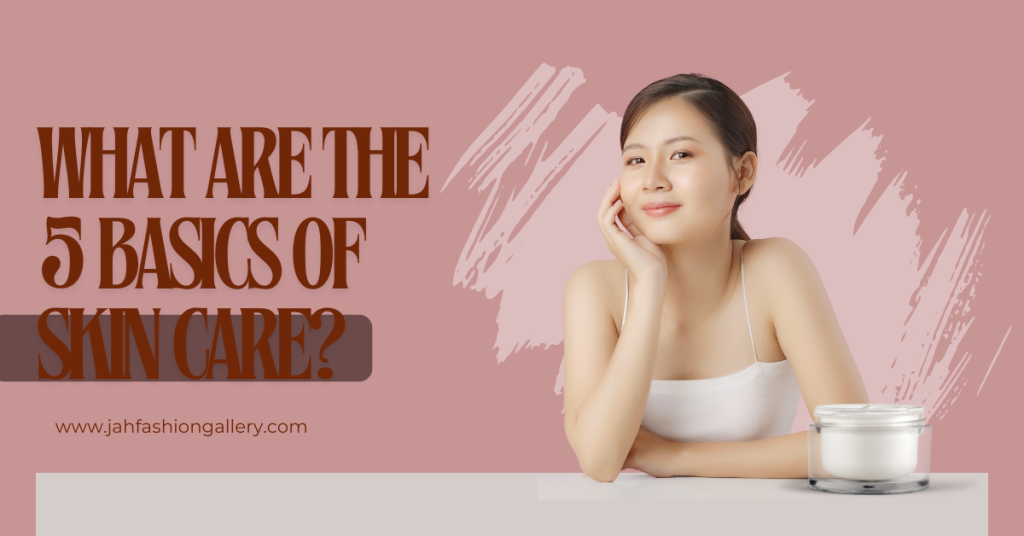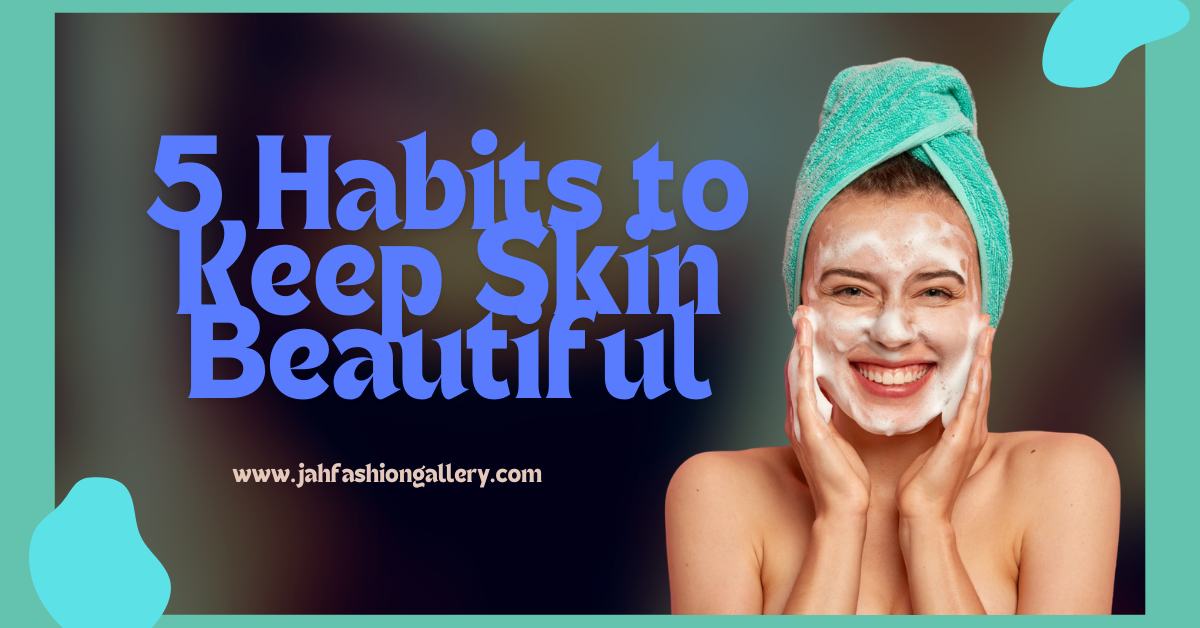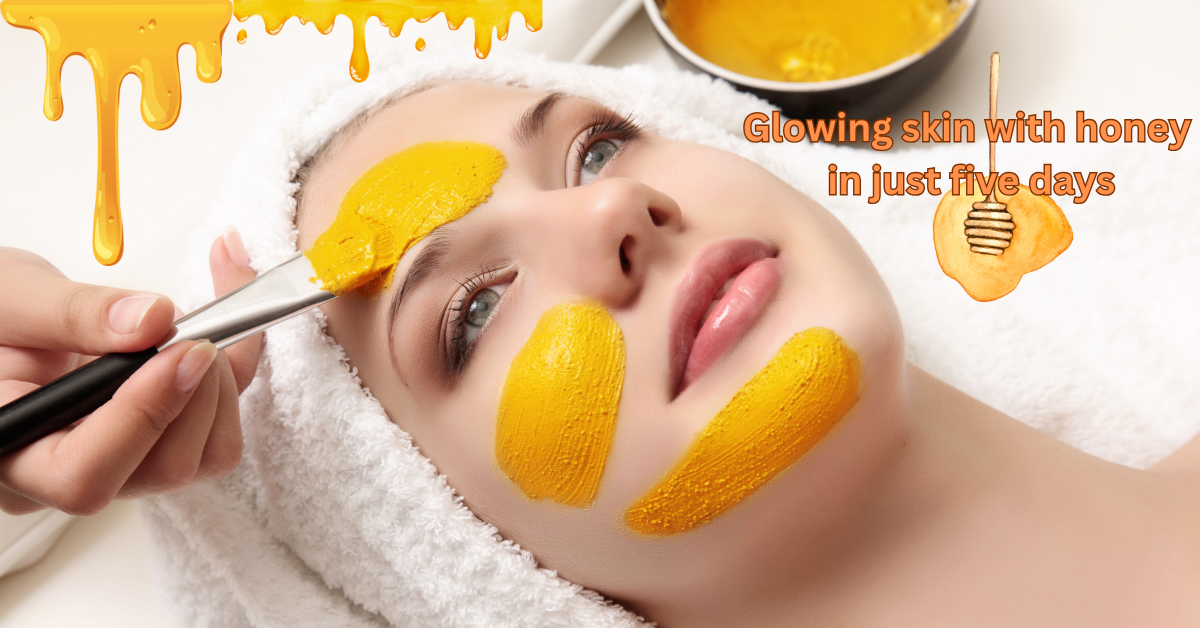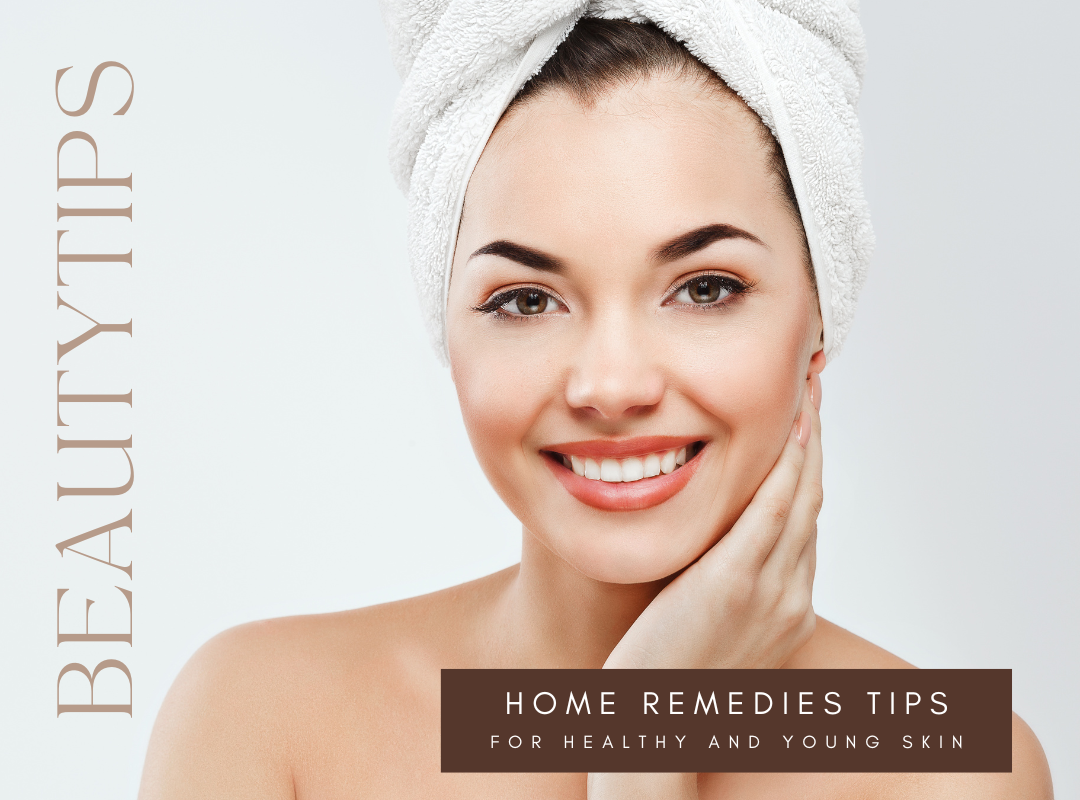5 Habits to Keep Skin Beautiful: A Guide to Radiant Skin
5 Habits to Keep Skin Beautiful Your skin is the largest organ of your body, and it plays a vital role in protecting you from the environment, regulating your body temperature, and reflecting your overall health. Beautiful skin isn’t just a result of good genetics; it’s something you can cultivate through mindful daily habits. Whether you’re in your twenties or fifties, glowing, clear, and healthy skin is achievable with consistent care.
In this article, we’ll explore five essential habits that will keep your skin looking youthful, vibrant, and beautiful for years to come. Each habit is practical and easy to incorporate into your lifestyle, and most importantly, they don’t require a lot of effort. Let’s dive in!
1. Stay Hydrated: Nourish Your Skin From the Inside Out
Why hydration matters: Water is essential for all bodily functions, and your skin is no exception. When you’re hydrated, your skin cells are better able to function and regenerate, keeping your complexion clear and vibrant. Water helps to flush out toxins, regulate your body’s temperature, and keep your skin moist and supple. Dehydration, on the other hand, can cause your skin to appear dull, flaky, and prone to fine lines.
How to form this habit:
- Drink plenty of water: Aim for at least 8 glasses of water per day. This may vary depending on your activity level and the climate you live in, but it’s a good baseline. If you find it difficult to drink plain water, try adding a slice of lemon, cucumber, or mint for a refreshing twist.
- Eat water-rich foods: Certain fruits and vegetables, such as cucumbers, watermelon, oranges, and strawberries, are naturally high in water content. Incorporate these into your diet for an extra hydration boost.
- Limit dehydrating drinks: Caffeinated beverages, alcohol, and sugary drinks can contribute to dehydration. If you consume them, balance it out with extra water intake.
If you struggle to remember to hydrate, keep a reusable water bottle with you throughout the day. You can also set reminders on your phone or use hydration apps to track your water intake.
2. Cleanse Gently: Don’t Overdo It
Why cleansing is crucial: Cleansing your skin removes dirt, oil, pollutants, and makeup that can clog your pores and lead to breakouts. However, over-cleansing or using harsh products can strip your skin of its natural oils, leaving it dry, irritated, and vulnerable to damage.
How to form this habit:
- Choose the right cleanser: Look for a gentle, pH-balanced cleanser that’s appropriate for your skin type. If you have dry skin, opt for a cream-based cleanser, while foaming cleansers may work better for oily or combination skin types.
- Cleanse twice a day: Washing your face once in the morning and once at night is sufficient. In the morning, you’ll remove any oil or sweat that accumulated overnight. In the evening, a thorough cleanse will rid your skin of dirt, makeup, and environmental pollutants from the day.
- Be gentle: Avoid scrubbing your skin too hard. Use lukewarm water and your fingertips to cleanse, and pat (don’t rub) your skin dry with a soft towel.
Double cleansing can be especially helpful for those who wear makeup or spend a lot of time outdoors. Start with an oil-based cleanser to remove makeup and sunscreen, then follow up with a water-based cleanser to ensure all impurities are gone.
3. Moisturize Regularly: Lock in Hydration

Why moisturizing is important: Moisturizer helps to seal in the hydration that your skin needs to function properly. It strengthens your skin’s barrier, preventing moisture loss and protecting your skin from environmental stressors. A good moisturizer will keep your skin soft, smooth, and plump, reducing the appearance of fine lines and wrinkles.
How to form this habit:
- Find the right moisturizer for your skin type: If you have oily skin, look for a lightweight, non-comedogenic formula. Those with dry or sensitive skin may benefit from richer, cream-based moisturizers containing ingredients like hyaluronic acid, ceramides, or glycerin.
- Moisturize morning and night: After cleansing, apply moisturizer to damp skin to lock in moisture. Use a separate eye cream if needed, especially if your under-eye area is prone to dryness or puffiness.
- Don’t skip sunscreen: If your moisturizer doesn’t contain SPF, make sure to apply sunscreen separately in the morning. UV rays can cause premature aging, sunspots, and increase the risk of skin cancer, so this step is non-negotiable.
Consider using a humidifier in your home, especially in the winter months when indoor heating can dry out the air and your skin. Humidifiers add moisture to the air, helping to keep your skin hydrated.
4. Protect Your Skin from the Sun: Your Best Anti-Aging Weapon
Why sun protection is essential: Sun exposure is one of the leading causes of premature skin aging, contributing to wrinkles, dark spots, and loss of elasticity. UV radiation can also lead to more serious issues, such as skin cancer. Protecting your skin from harmful UV rays is one of the best things you can do to keep it looking youthful and healthy.
How to form this habit:
- Wear sunscreen daily: Apply a broad-spectrum sunscreen with at least SPF 30 every day, even on cloudy or cold days. Reapply every two hours if you’re outside for an extended period, and more frequently if you’re swimming or sweating.
- Wear protective clothing: When spending time outdoors, wear a wide-brimmed hat, sunglasses, and protective clothing to shield your skin from the sun. Look for clothing with UPF (Ultraviolet Protection Factor) for added protection.
- Avoid the sun during peak hours: The sun’s rays are strongest between 10 a.m. and 4 p.m., so try to stay in the shade or indoors during these times whenever possible.
Don’t forget often-overlooked areas like your ears, neck, hands, and the tops of your feet when applying sunscreen. These areas are frequently exposed to the sun and can show signs of aging over time.
5. Eat a Balanced Diet: Feed Your Skin with Nutrients
Why diet matters: Your skin reflects what’s happening inside your body, so the food you eat plays a major role in how your skin looks and feels. A diet rich in vitamins, minerals, and antioxidants can help combat inflammation, promote skin repair, and protect against environmental damage.
How to form this habit:
- Incorporate antioxidant-rich foods: Antioxidants like vitamins C and E, found in fruits and vegetables, help to neutralize free radicals that can damage your skin. Berries, citrus fruits, leafy greens, and nuts are excellent sources.
- Eat healthy fats: Omega-3 fatty acids found in fish, flaxseeds, and walnuts can help to keep your skin soft and moisturized. These fats are also anti-inflammatory, which can reduce redness and breakouts.
- Limit sugar and processed foods: Excess sugar can cause a process called glycation, where sugar molecules bind to proteins in your skin and cause it to become stiff and prone to wrinkles. Opt for whole, nutrient-dense foods instead of sugary snacks and processed meals.
Incorporating a variety of colorful fruits and vegetables into your diet ensures you’re getting a wide range of vitamins and minerals that support skin health. Aim for a “rainbow plate” at every meal!
Bonus Habit: Get Enough Sleep and Manage Stress
Why sleep and stress matter: Your body repairs itself while you sleep, and this includes your skin. Chronic sleep deprivation can lead to dark circles, dull skin, and breakouts. Additionally, stress triggers the production of cortisol, a hormone that can lead to increased oil production and inflammation, contributing to acne and other skin issues.
How to form this habit:
- Aim for 7-9 hours of sleep each night: Prioritize sleep by establishing a calming bedtime routine and sticking to a consistent schedule. Turn off screens at least 30 minutes before bed, as the blue light from devices can interfere with your body’s natural sleep-wake cycle.
- Manage stress effectively: Incorporate stress-reducing practices into your daily routine, such as meditation, yoga, deep breathing exercises, or spending time in nature. These activities can help lower cortisol levels, benefiting your skin and overall health.
Invest in a silk or satin pillowcase. These materials create less friction than cotton, which can help prevent wrinkles and reduce skin irritation during sleep.
Conclusion
Achieving and maintaining beautiful skin doesn’t have to be complicated. By incorporating these five habits into your daily routine—staying hydrated, cleansing gently, moisturizing regularly, protecting your skin from the sun, and eating a balanced diet—you can enjoy healthy, glowing skin at any age. Remember, consistency is key, and with a little dedication, your skin will thank you for years to come.




